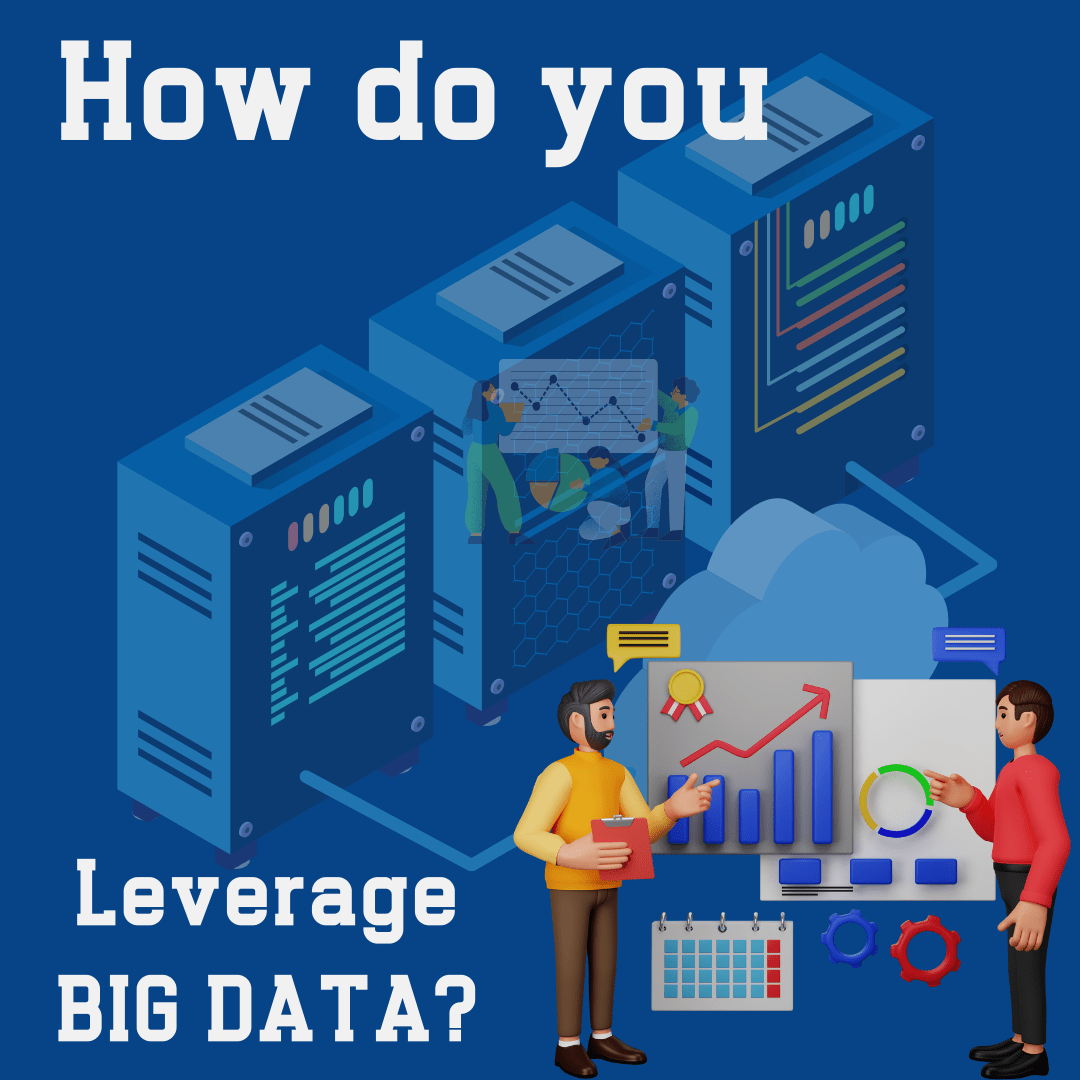
Introduction to Big Data
Big Data is a term chiseled into almost every other expression in the digital world today and means vast volumes of data created at an unprecedented rate. Big Data refers to these huge structured and unstructured data volumes that businesses collect on a daily basis. Utilizing this data intelligently will radically revolutionize operations, bring improved customer experiences, and drive overall success.
Understanding Big Data
Volume, Variety, Velocity, Veracity
Big Data is characterized by four primary attributes:
- Volume: The sheer amount of data generated every second.
- Variety: The different types of data, including text, images, videos, and more.
- Velocity: The speed at which data is generated and processed.
- Veracity: The reliability and accuracy of the data.
Sources of Big Data
Big data emanates from various sources, including social media, transaction records, sensors, and mobiles. Various sources provide insight that is valuable in business which the company could use to gain leverage or some advantage over other competing companies.
Benefits of Leveraging Big Data
Improved Decision Making
Data-driven business decision-making will, therefore, enable it to make informed choices under real-time analysis. This will lead to the creation of more accurate and timely decisions, hence reducing risks and allowing achievement of optimal outcomes.
Enhanced Customer Insights
Analysis of the customer database can provide deep insights into customer behavior, tastes, and needs for business enterprises. This knowledge bases the creation of a personalized experience for customers and satisfies them better.
Increased Operational Efficiency
Big data makes it possible to streamline a business’s operations. It identifies inefficient areas and makes process optimization, hence saving costs by improving productivity and better controlling resources.
Big Data Strategies for Business Success
Data-Driven Decision Making
Data-driven decision-making would thus be implemented by incorporating data analysis in each business operation. The step requires the collection of relevant data, analysis of that data, and eventually using these insights to drive strategic decisions.
Personalization and Customer Experience
Big data in marketing personalization, recommendation, and customer service makes all the difference. Personalization enhances customer experience and loyalty and increases sales.
Predictive Analytics
Predictive analytics is applied to history on data in order to project what might go on in the future with regard to trends and behaviors. It, therefore, helps businesses project changes in the market and in customer needs, thus giving them warnings of problems before they occur so that proactive measures can be taken. Also check data processing.
Implementing a Big Data Strategy
Identifying Business Goals
Setting clear business goals is the first step toward implementing a Big Data strategy. It enables an understanding of what results the business is to achieve out of Big Data, which in turn sets priorities right for success metrics.
Choosing the Right Tools and Technologies
Choosing the appropriate tools and technologies in managing big data is important. It must be highly scalable, easy to use, highly integrative, and less expensive.
Building a Data-Driven Culture
A data-driven culture would be achieved by training employees to work with data, increasing data literacy, and using relevant data in decision making. It requires top-down commitment to leadership and continuous improvement.
Challenges in Leveraging Big Data
Data Privacy and Security
The most important problem associated with Big Data is providing privacy and security to the data. This necessitates strong security measures by the business in protecting information that is sensitive and rigorous in compliance with regulations relating to the protection of this data.
Data Quality and Management
There needs to be a high level of data quality for the delivery of reliable insight. This is the reason businesses require effective data management practices that would help in the accuracy, consistency, and completeness of data.
Skills and Expertise
This can result in a lack of skilled data science and analytics professionals, impeding Big Data initiatives. Training and Development is an essential investment for a competent team.
Best Practices for Big Data Utilization
Ensuring Data Quality
High-quality data is the foundation of successful Big Data projects. Implementing data cleaning, validation, and governance processes ensures that data is accurate and reliable.
Data Governance
Establishing strong data governance practices helps manage data quality, security, and compliance. It involves setting policies, procedures, and responsibilities for data management.
Continuous Improvement
Big Data strategies should be continuously evaluated and improved. Regularly reviewing performance, incorporating feedback, and adapting to changes ensure ongoing success.
Future Trends in Big Data
AI and Machine Learning Integration
Big Data integrated with AI or Machine Learning will create advanced analytics and automation; innovative technologies improvably allow for the discovery of insights and to predict.
Real-Time Data Processing
The need for real-time data processing has grown fast across businesses. Stream processing technologies enable organizations to view data as it is generated and derive instant insights to make decisions faster.
Edge Computing
Edge computing puts the data closer to its source, hence bringing less latency and more efficiency. As a result, this trend is gathering pace, since firms are scrambling for ways in which to better handle Big Data faster and more efficiently.
Big Data in Different Industries
Healthcare
Big data in healthcare helps to improve patient outcomes, ensures improved operational efficiency, and furthers medical research. It predicts certain diseases at an early stage and provides personalized treatment plans for them.
Retail
Big Data will assist retailers in effective inventory management by personalizing customer experiences and formulating marketing strategies for their products. It also enables a comprehension of consumer behavior through their preferences, backed by data-driven insight.
Finance
Big Data in the finance sector can be explained with regard to fraud detection, risk management, and customer segmentation. Financial institutions use data analytics for better investment decisions and improved customer service.
Manufacturing
Big Data is used by manufacturers for predictive maintenance, quality control, and optimization of supply chains. Data insights reduce downtime, improve product quality, and increase operational efficiency.
Conclusion
Big Data can be leveraged only when a business wants to outperform others in this data-driven world. Adopting effective strategies, using the right set of tools, and creating a culture driven by data are those capabilities which would enable companies to unlock the full potential of Big Data.
What is Big Data?
Big Data refers to the large volumes of structured and unstructured data generated at high velocities from various sources. It is characterized by the four Vs: Volume, Variety, Velocity, and Veracity.
How can Big Data improve decision making?
Big Data provides real-time insights and trends analysis, enabling businesses to make informed and timely decisions that reduce risks and optimize outcomes.
What are some popular Big Data tools?
Popular Big Data tools include Apache Hadoop, Apache Spark, Google BigQuery, Amazon Web Services (AWS), and Microsoft Azure.
What are the challenges of leveraging Big Data?
Challenges include ensuring data privacy and security, maintaining data quality, and addressing the skills gap in data science and analytics.
How is Big Data used in healthcare?
In healthcare, Big Data is used for improving patient outcomes, enhancing operational efficiency, and advancing medical research through predictive analytics and personalized treatment plans.
What are future trends in Big Data?
Future trends in Big Data include the integration of AI and machine learning, real-time data processing, and the adoption of edge computing for faster and more efficient data handling.
Explore More :


